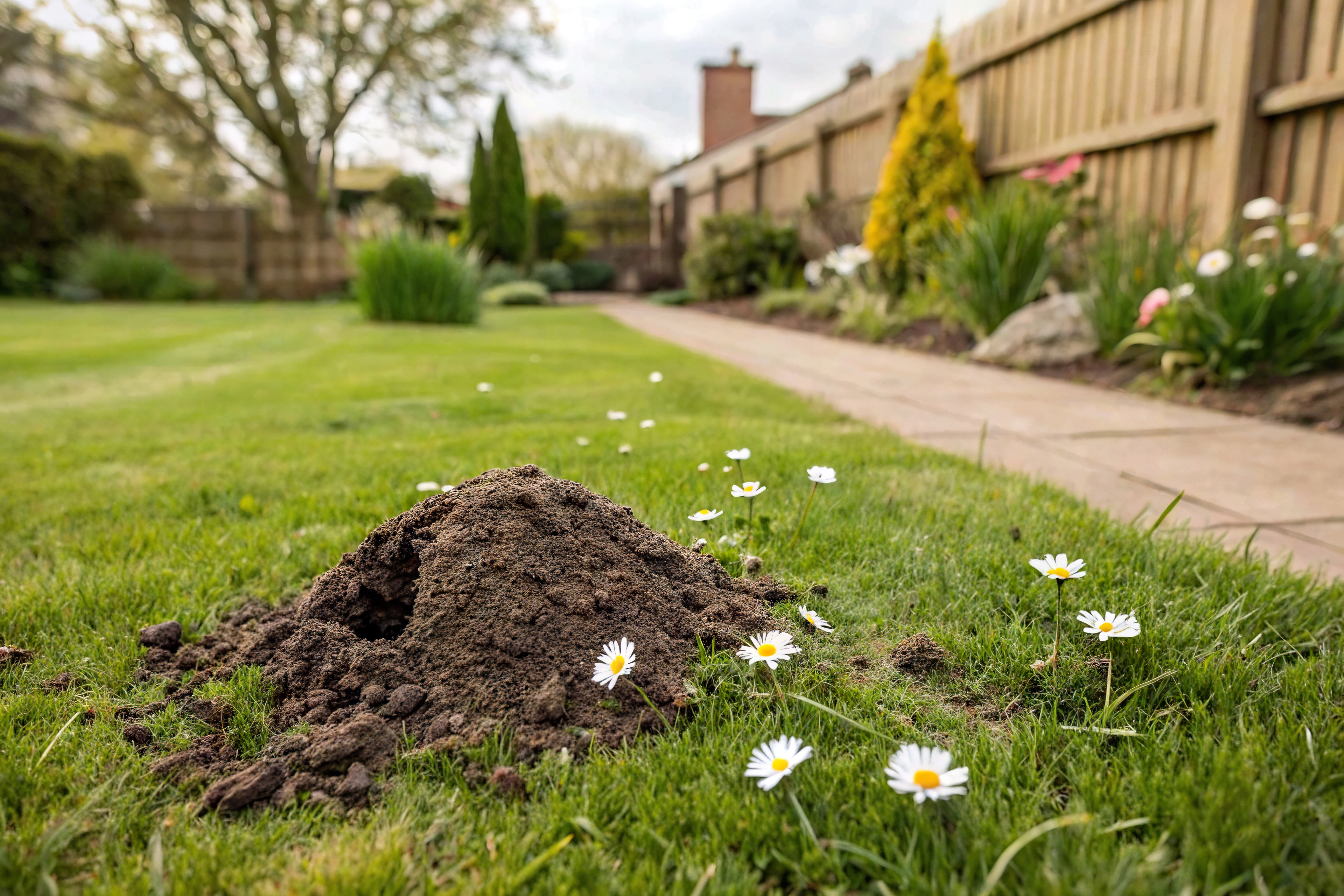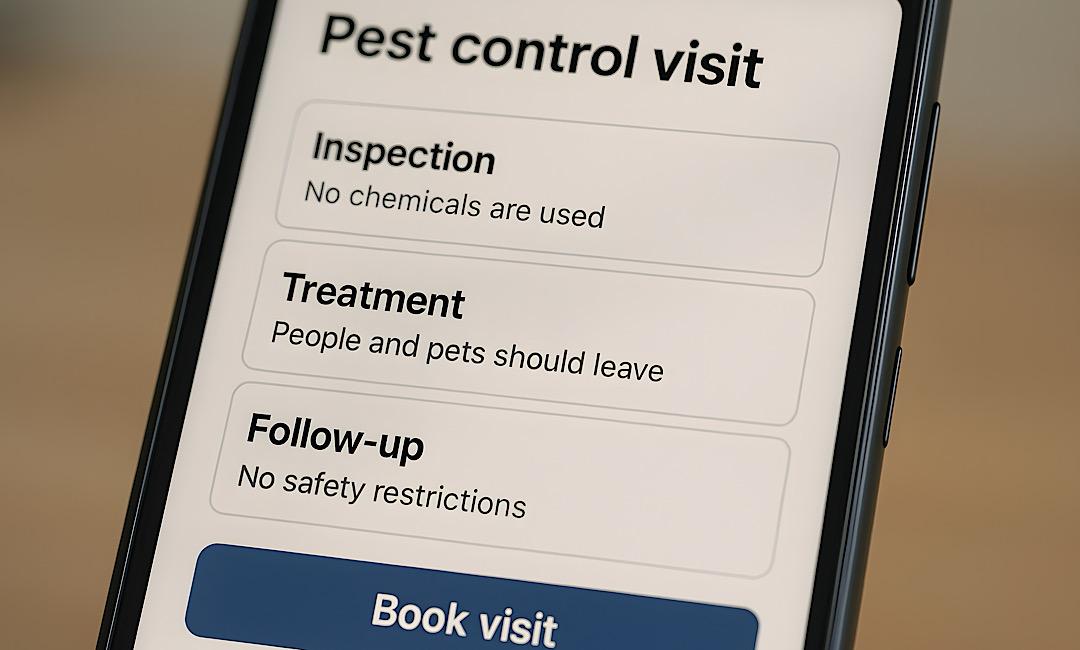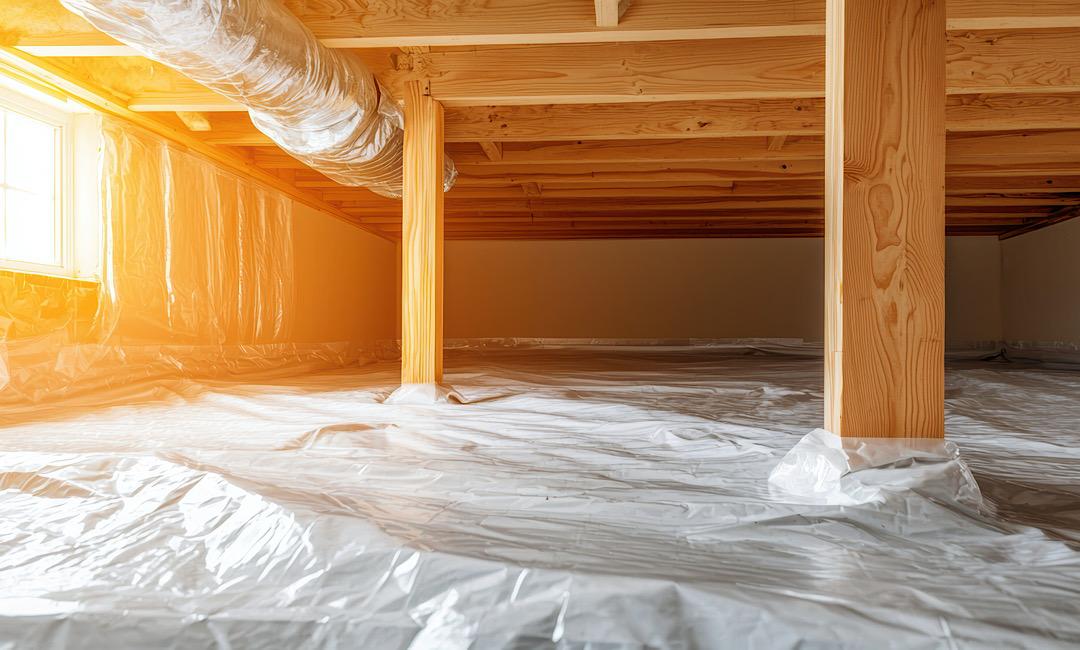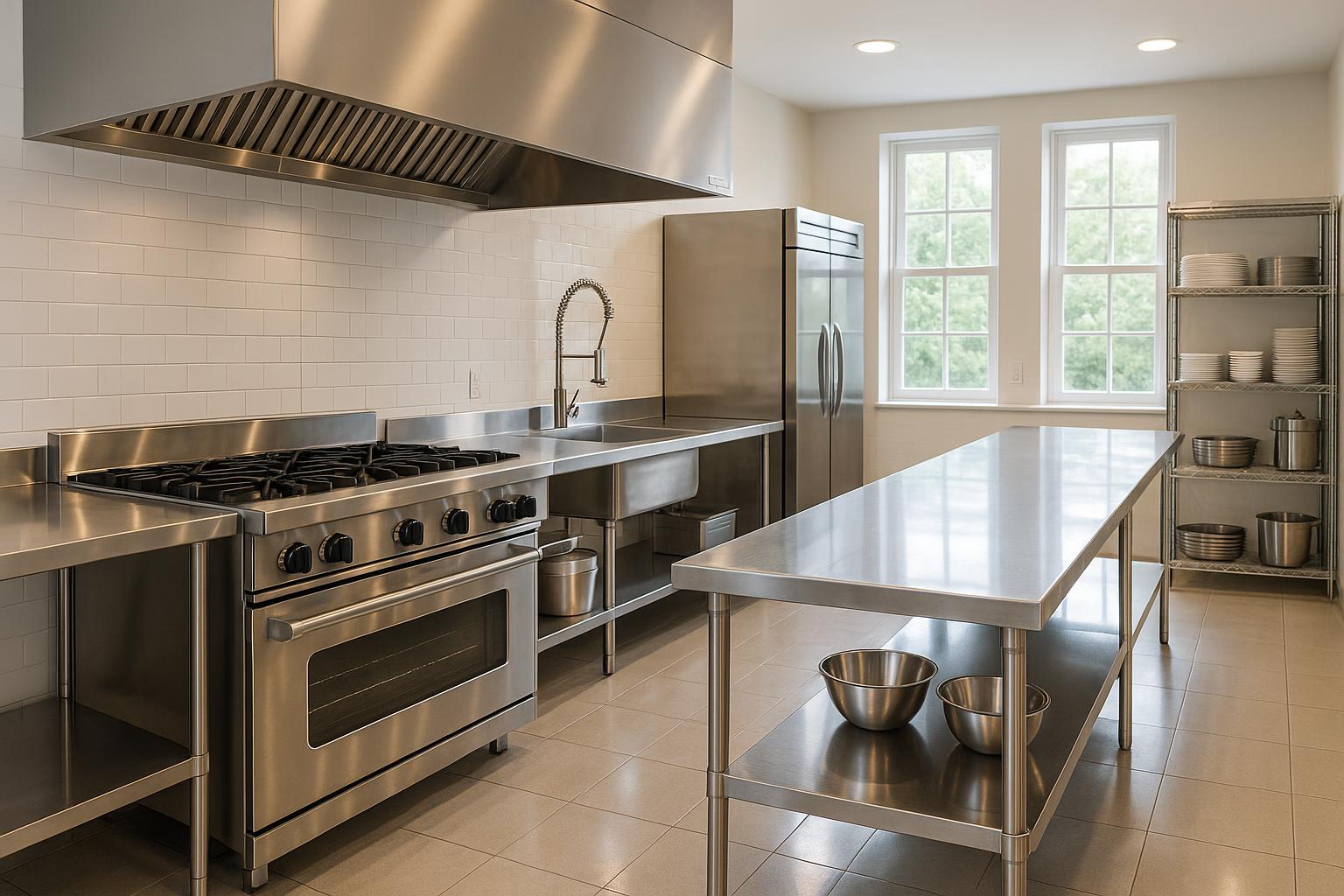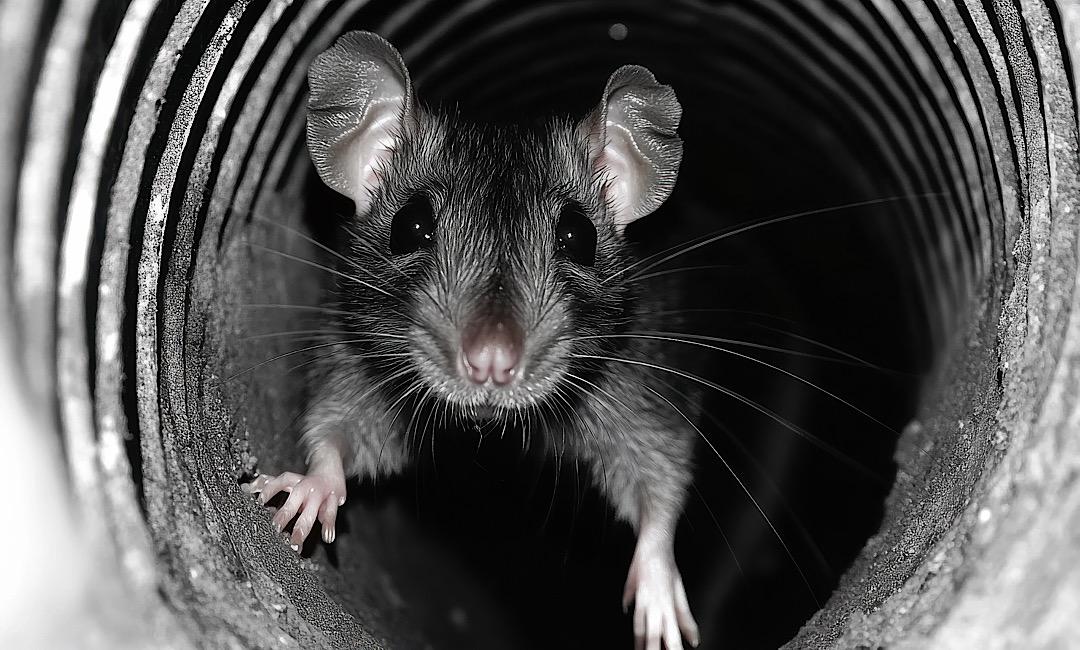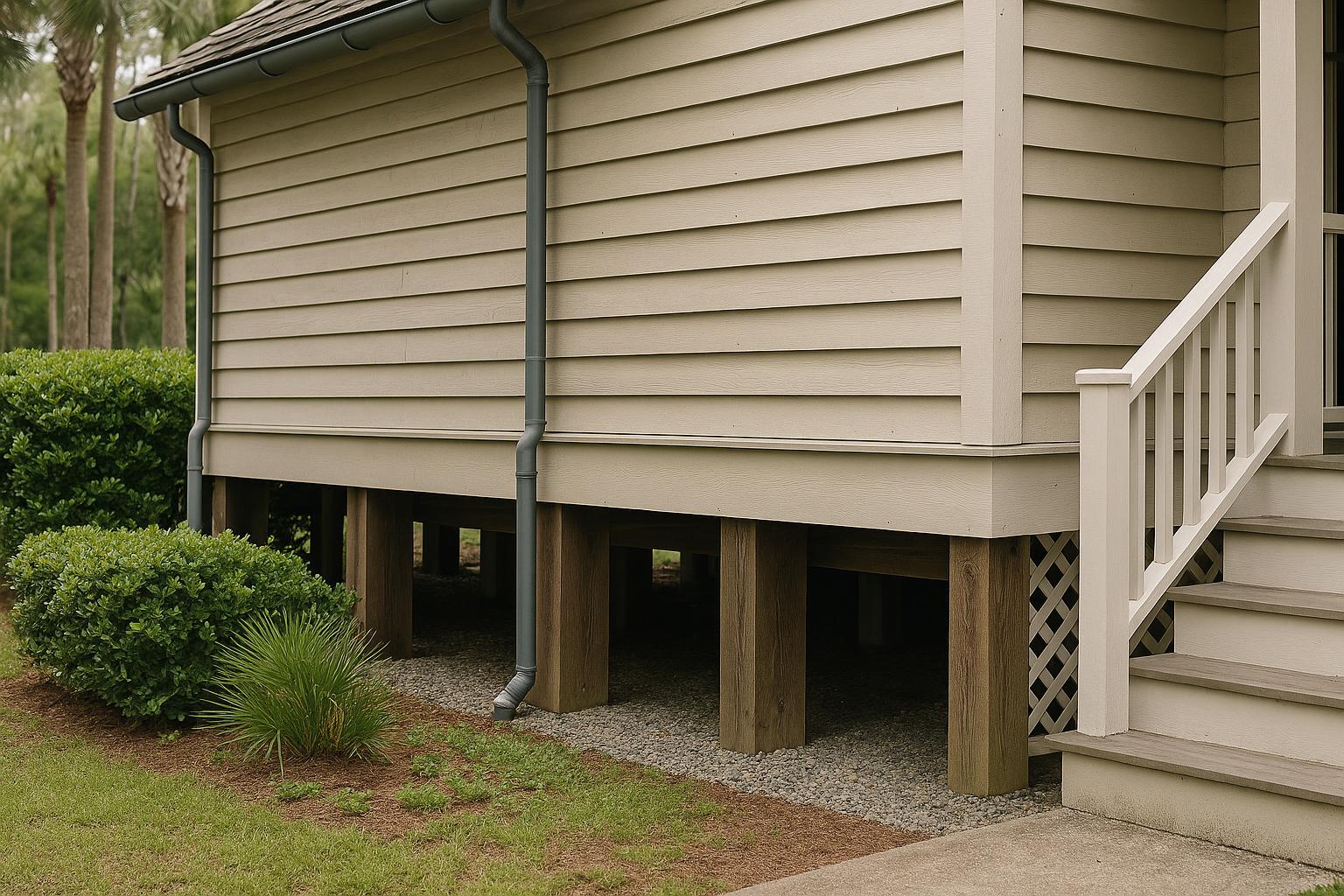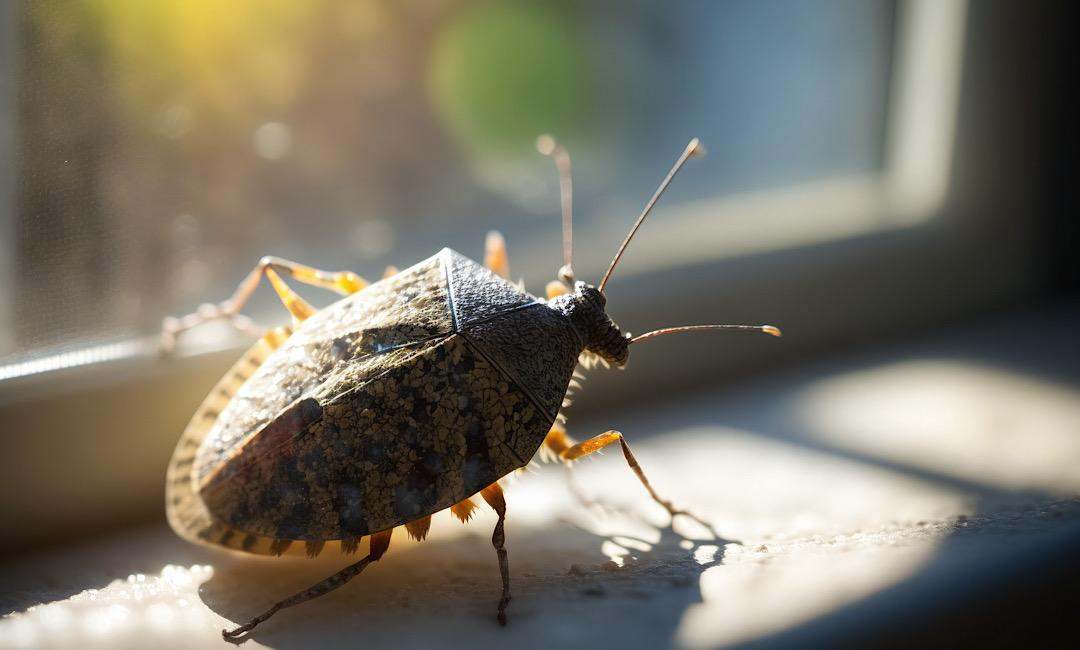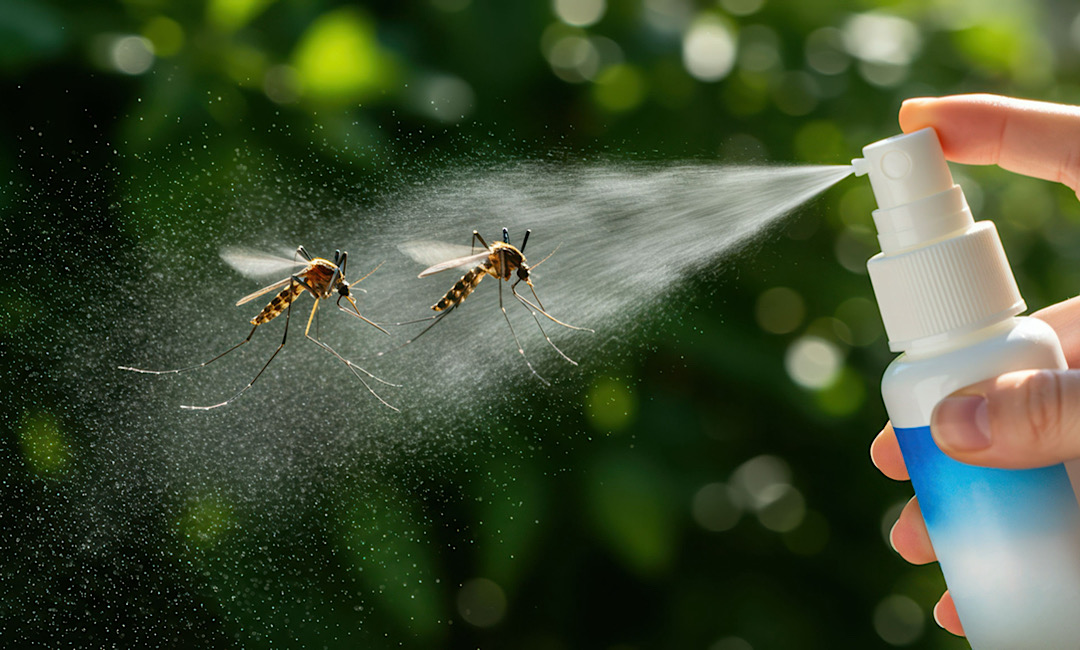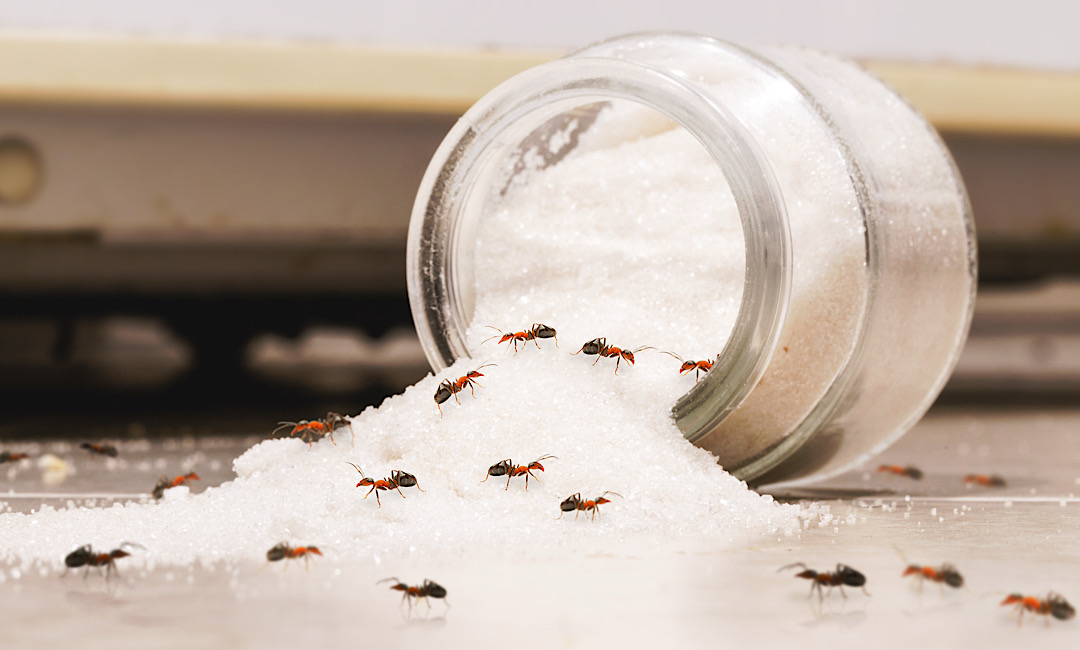Lowcountry Pest Management has spent years helping Mt. Pleasant families protect their homes from unwanted intruders, but rodents present more than just structural risks—they are also a significant health concern. While many homeowners focus on the nuisance of chewed wires or damaged insulation, the hidden dangers rodents bring indoors are often overlooked. From disease transmission to allergens and even mental stress, understanding the risks rodents create is the first step toward ensuring a safer, healthier living environment for your family.
In a coastal community like Mt. Pleasant, where mild weather and marshlands create year-round pest pressures, rodents thrive. Unlike regions that experience hard freezes, Charleston’s subtropical climate allows rodent populations to remain active almost every season. This means that the risk of infestation doesn’t end in the fall or winter—it persists throughout the year. For families, that makes education, prevention, and professional monitoring essential.
Rodents as Carriers of Disease
Rodents are not just nuisances; they are known vectors of disease. The Centers for Disease Control and Prevention (CDC) reports that rodents are linked to the spread of more than 35 different illnesses worldwide. These diseases can be transmitted directly through rodent droppings, urine, saliva, or bites—or indirectly via fleas, ticks, and mites that infest rodents themselves.
In Mt. Pleasant, where the environment keeps rodent populations stable, these health threats are not abstract—they are real and ongoing. Families should understand the key illnesses associated with rodent infestations.
Common Diseases Associated with Rodents
- Hantavirus Pulmonary Syndrome: A serious respiratory illness spread primarily through inhalation of dust contaminated with rodent droppings.
- Leptospirosis: Caused by rodent urine contaminating soil or water, this bacterial infection can lead to kidney and liver damage if untreated.
- Salmonella: Frequently transmitted when rodents contaminate food supplies or surfaces, leading to gastrointestinal illness.
- Rat-Bite Fever: While less common, this disease can occur through direct bites or contact with rodent excretions.
Even if you never see a rodent in your home, the risk remains. Contamination from droppings or nesting material can spread through air ducts, kitchens, or pantries, putting families at risk even without direct interaction.
The Hidden Allergen Risk
In addition to diseases, rodents create another invisible hazard: allergens. The National Institutes of Health (NIH) has identified rodent allergens as a particular concern for children and individuals with asthma. Proteins in rodent urine, saliva, and dander can become airborne, triggering respiratory symptoms and allergic reactions.
Health Effects of Rodent Allergens
- Triggered asthma attacks, especially in children
- Chronic coughing, wheezing, or congestion
- Skin rashes or irritations from contaminated bedding or surfaces
- Higher risk of sinus infections caused by airborne particles
In family-focused neighborhoods like Belle Hall, Park West, and Old Village, homes often feature crawlspaces, attics, or open ventilation systems. These areas are prime nesting grounds for rodents, and once allergens circulate through HVAC systems, they spread throughout the entire home. What may start as a nest in the attic can end up affecting the air quality in every bedroom.
The Mental Health and Stress Factor
While physical health risks are widely documented, the emotional and psychological toll of a rodent infestation is often underestimated. Families living with an infestation frequently experience heightened stress and anxiety, particularly when hearing scratching sounds at night or discovering droppings near food storage.
Emotional Toll of Rodent Infestations
- Fear of contamination in kitchens and dining areas
- Embarrassment when hosting guests or family gatherings
- Disrupted sleep due to nighttime activity in the walls or ceilings
- Ongoing frustration after failed DIY control attempts
Lowcountry Pest Management has heard from countless Mt. Pleasant families who describe overwhelming relief after infestations are addressed. More importantly, sealing homes against future invasions restores long-term peace of mind. That psychological reassurance is one of the most valuable benefits of professional rodent management.
Steps to Protect Your Family from Health Risks
The good news is that rodent-related health issues can be prevented with proactive measures. Lowcountry Pest Management recommends combining sanitation, exclusion, and monitoring to minimize risks.
Key Prevention Steps for Families
- Sanitize Surfaces Regularly: Keep countertops, pantries, and storage areas clean to reduce contamination risk.
- Store Food Properly: Use sealed glass or metal containers for dry goods and pet food.
- Control Moisture: Repair leaks, eliminate standing water, and ensure crawlspaces remain dry.
- Schedule Professional Inspections: Seasonal checks help identify entry points before infestations grow.
If an infestation is already present, professional cleaning may be necessary. Attempting to remove droppings or contaminated insulation without proper protective equipment can release harmful airborne particles, creating a greater risk of exposure.
Rodent Safety for Families with Children and Pets
Rodent control in Mt. Pleasant requires extra caution for households with kids or pets. Traditional poisons or unsecured traps can pose hazards if not carefully managed. That’s why Lowcountry Pest Management emphasizes Integrated Pest Management (IPM), a safer and more strategic approach.
Safe Rodent Control Methods
- Tamper-Resistant Bait Stations: Keep rodenticides locked away from children and pets.
- Sealed Exclusion Barriers: Prevent rodents from accessing indoor spaces entirely.
- Mechanical Traps in Enclosed Areas: Safe for crawlspaces and attics, away from living spaces.
- Eco-Friendly Options: Non-toxic repellents and ultrasonic deterrents offer added protection.
For families living in neighborhoods with outdoor activity and close community spaces, such as Carolina Park or Dunes West, these family- and pet-safe strategies are especially important.
Taking the Next Step Toward a Healthier Home
Rodents are more than an inconvenience—they are a genuine threat to the health and safety of your household. From spreading diseases and allergens to causing anxiety and embarrassment, the risks go beyond what many homeowners realize.
The good news is that they can be managed and eliminated. With comprehensive strategies that include detailed inspections, exclusion services, and safe treatments, Lowcountry Pest Management helps Mt. Pleasant families reclaim their homes. Our goal is not only to remove current infestations but also to ensure your family enjoys lasting protection.
Your home should be a sanctuary, not a source of worry. By addressing rodent risks now, Mt. Pleasant homeowners can move forward with confidence, knowing their homes are secure, safe, and healthy.
Frequently Asked Questions About Rodent Health Risks
What diseases can rodents spread in Mt. Pleasant homes?
Rodents can carry hantavirus, leptospirosis, salmonella, and rat-bite fever, all of which pose serious health threats.
How do rodent allergens affect children and families?
Rodent allergens trigger asthma attacks, respiratory irritation, sinus infections, and skin rashes—especially in children.
Can I clean up a rodent infestation myself?
Small messes can be managed, but infestations or contaminated insulation should be handled by professionals with protective equipment.
Are there safe rodent control methods for kids and pets?
Yes. Integrated Pest Management (IPM) uses tamper-resistant bait stations, enclosed traps, and eco-friendly deterrents to keep households safe.
How often should rodent inspections be scheduled?
At least once per season, with fall and winter being the most important times due to increased indoor rodent activity.

